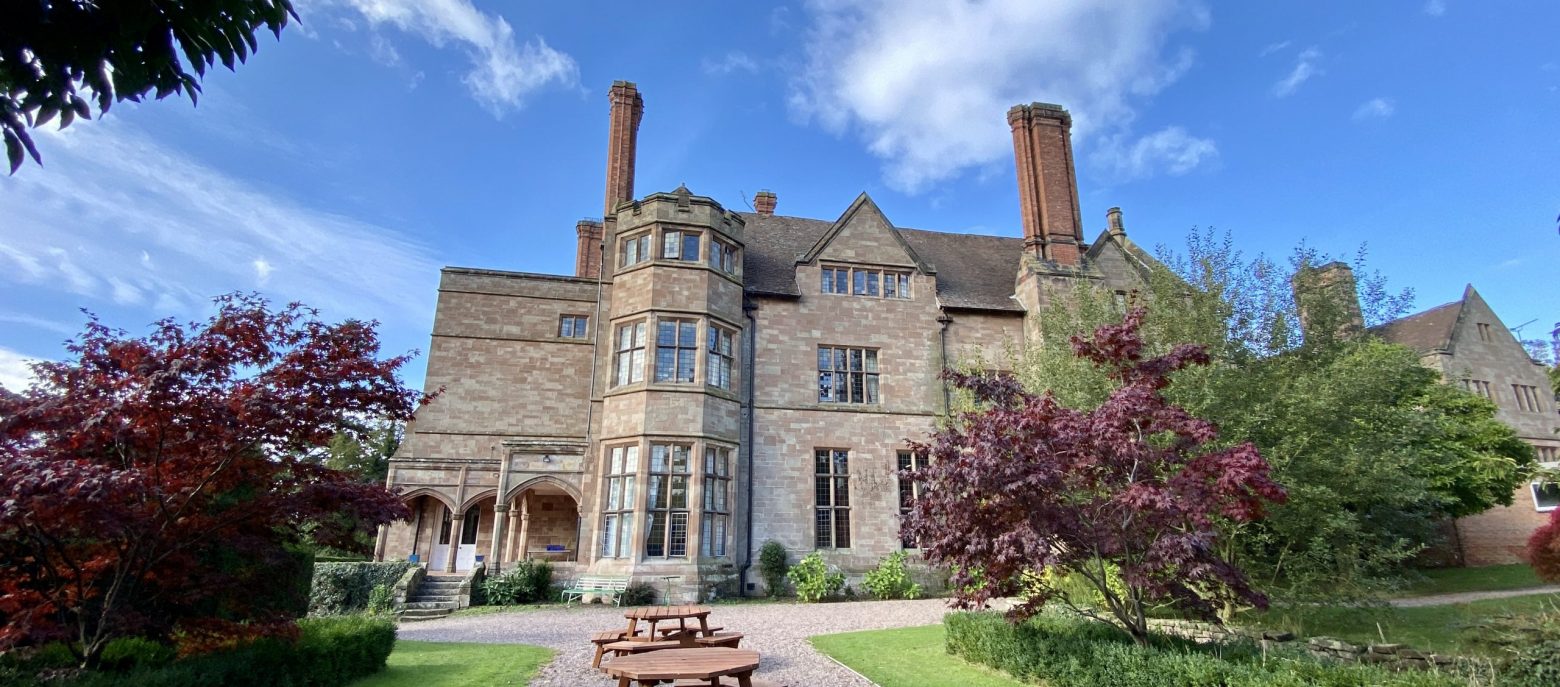Holocaust survivor Harry Bibring shared his very personal account of World War II with Adcote School’s History Department.
Aishling Ojiako reports.
We were honoured to have Holocaust survivor Harry Bibring talk to us about life before the war, how it affected him, and life afterwards.
Now 90 years of age, he gave a passionate and vivid account of the conflict and hateful prejudice that tore his family apart.
He painted a picture of a delightful early childhood in Vienna and spoke fondly of his parents and sister: “The weather was very cold in the winter months and hot and sticky in the summer. I learnt to swim from a very young age and in the winter, I loved to ice skate. Because of this, my parents bought me a season ticket, and every winter I would go in and speed skate. My sister Gerti liked figure skating and dance but I never bothered with any of that sissy stuff.”
School, however, was less appealing. As one of only a handful of Jewish boys, he was made to feel like an outsider: “In my class (averaging at 50 in number) there were about 12 Jewish boys (myself included). I had two friends, and because I was a Jew in the bottom half of the class, no one else really spoke to me. Being Jewish wasn’t very nice sometimes, but that was just the way it was.”
It seemed extraordinary to us that he would be made to feel like that just for being different; they even called him a “dirty Jew”. Perhaps even more disturbing was the normalising of this prejudice; since no real harm was ever done to him, he accepted it was just something he had to live with.
On the 11th of March, Hitler officially annexed Austria to Germany. New prohibitions and laws came thick and fast. Soon public areas including the park, most cinemas, and Mr Bibring’s beloved skating rink and swimming pool were off limits to the Jews, with signs reading “NO JEWS PERMITTED” hanging from the walls. Mr Bibring often asked his parents why he was no longer allowed to do things he loved. His mother would tell him: “There is a new government; things will change because it is highly Anti-Semitist. We can only hope things will go back to normal”.
It was when all the Jews were transferred from the grammar schools to a secondary school that Mr Bibring began to understand. He was made to sit at the back of the class on the floor, with his Jewish peers.
“I’ve never had a dog, but I wouldn’t speak to it the way that teacher spoke to me,” he told us.
Although no harm came to him or his sister Gerti, his father was abducted by Nazi officers and his family was placed under house arrest. The children were made to scrub the pavement and once survived seven days on a single piece of potato.
Eventually, Mr Bibring was separated from his parents and he never saw them again, although he did write to them frequently.
“My parents found a family willing to take two children. They told us that we would be separated for about two months and that they would then join us to start a new life in the UK. Mum would write us letters saying ‘your father has gone out’ but Gerti and I weren’t fooled. We knew something had happened to him.”
He later found out after the war that his mother died in a concentration camp, and his father died of a heart attack during a subsequent abduction.
Mr Bibring went on to live a fulfilling life, having a successful 61 year marriage until he lost his wife to cancer.
He spoke passionately of his belief in equality as the reason why he continues to speak of his experiences. He told us: “I believe there is only one race, the human race”.
He shared his ambition, to see prejudice eradicated and made us promise to never practise it and never to stay quiet when we see it happen.
Harry Bibring, born 26th of December 1925, is the last surviving member of his nuclear family to this day. His sister, Gerti, died in 2001.
Categories: Uncategorised






